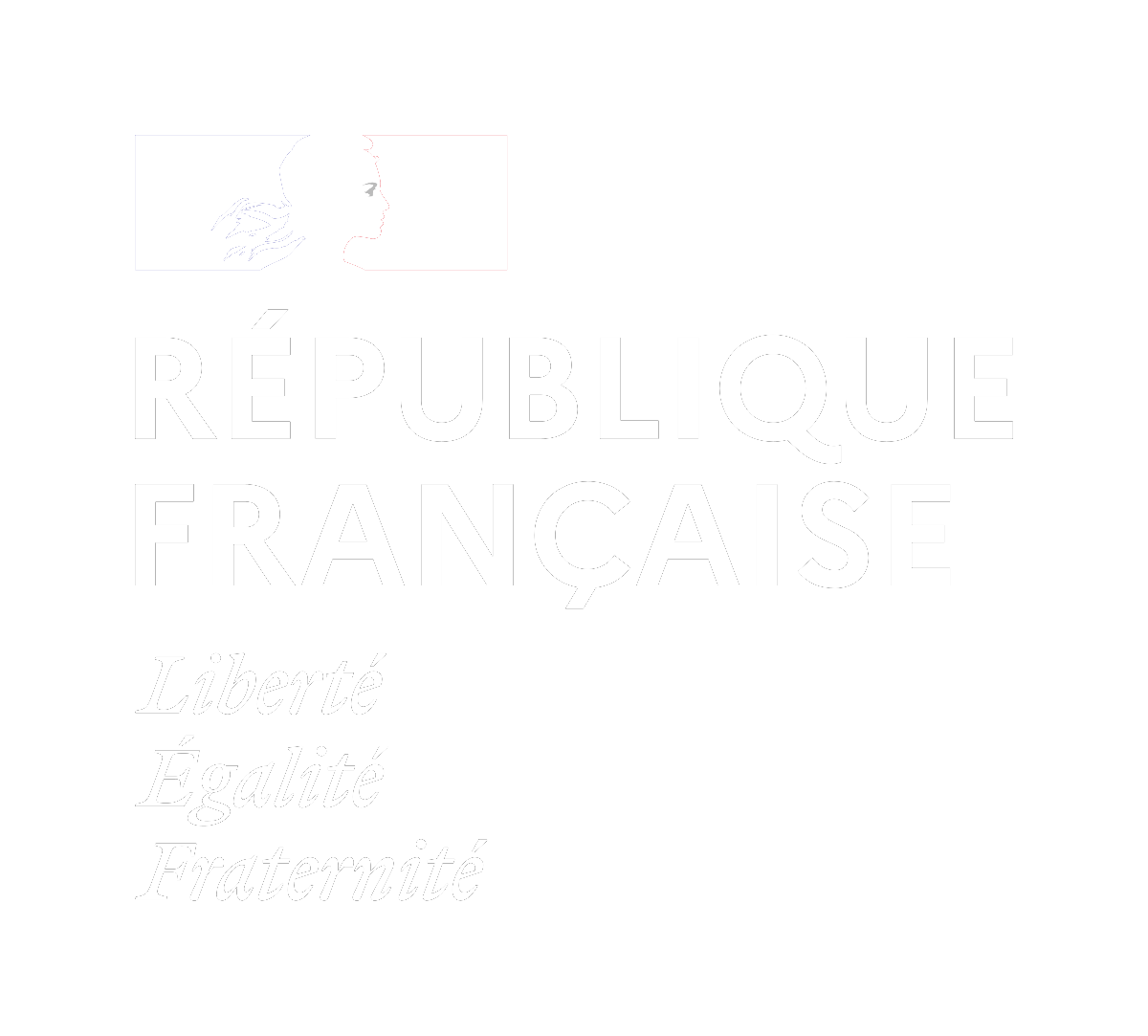
Environmental Labeling : A Pioneering Brand Making Informed Decisions

1,793
Products analysed
11
collections fully assessed
108
certifications gathered from 36 certified factories (GRS, GOTS, OEKO-TEX)
“My goal is to strengthen traceability across the entire supply chain, working with transparency and rigor far beyond regulatory requirements such as the AGEC law, to ensure the most responsible sourcing aligned with the brand’s values.”
Challenges
Des Petits Hauts aimed to strengthen the traceability of its supply chain and assess the environmental impact of its collections. The objectives were threefold: to gain a better understanding of its suppliers, to prepare for regulatory requirements (AGEC law, Climate and Resilience law), and above all, to be as transparent as possible with its customers.
Goals
- Map the supply chain in detail
- Measure the environmental impact of products
- Communicate these commitments clearly to consumers
The Solution
1. In-depth traceability work
Since 2020, Des Petits Hauts has been working closely with Fairly Made to deepen the traceability of its collections. To date, 1,793 products have been analyzed, including 292 from the Spring/Summer 2025 collection. This has led to a sixfold increase in the number of identified suppliers — from 99 to 591 — marking a significant step toward full value chain transparency.
2. Comprehensive environmental impact assessment
At the same time, the brand launched a robust Life Cycle Assessment (LCA) initiative to evaluate the environmental footprint of its garments. Key criteria include carbon emissions, water consumption, and pollution. With Fairly Made’s tools, Des Petits Hauts now has a solid data foundation to meet the demands of both the AGEC and Climate & Resilience laws.
3. Progressive and committed transparency
Since 2020, Des Petits Hauts has been sharing detailed traceability data via digital passports on its e-commerce website. This pioneering transparency effort has recently expanded to include the environmental cost of each product, now displayed with a single click through the Fairly Made platform. A clear and concrete commitment to more responsible fashion.

Benefits
1. A pioneer brand, going beyond regulatory compliance
Des Petits Hauts chose to voluntarily display the environmental cost of each item — ahead of the upcoming requirements of the Climate & Resilience law. This approach is all the more significant as the French method for environmental labeling was recently validated by the European Commission, further reinforcing the brand’s pioneering role in environmental transparency.
This early and bold move reflects a transparent and forward-thinking strategy, designed to inform customers and actively contribute to a more sustainable fashion industry.
2. Data-driven strategic decisions
With insights from Fairly Made, Des Petits Hauts is now equipped to precisely identify areas for improvement in its supply chain, enabling smarter sourcing decisions and a more refined long-term strategy.
Key traceability metrics – Spring/Summer 2025 collection
- Raw material traceability: 81% of suppliers identified
- Knitting/weaving traceability: 97% of suppliers identified
- Certifications gathered: 108 certifications from 36 certified factories (GRS, GOTS, OEKO-TEX)
Global impact since 2020
- 1,793 products analyzed
- 225 certifications collected
- Supplier count increased from 99 to 592
- 11 collections fully assessed
Conclusion
By deepening its supply chain visibility, significantly expanding supplier identification, and already displaying the environmental impact of its garments, Des Petits Hauts is not merely following regulation — it’s staying ahead of it.
A long-term commitment, consistently carried out since 2020, positions Des Petits Hauts as a true trailblazer in the move toward more transparent, responsible, and consumer-aligned fashion.
success stories


.png)

%20(1).png)



.png)

.svg)